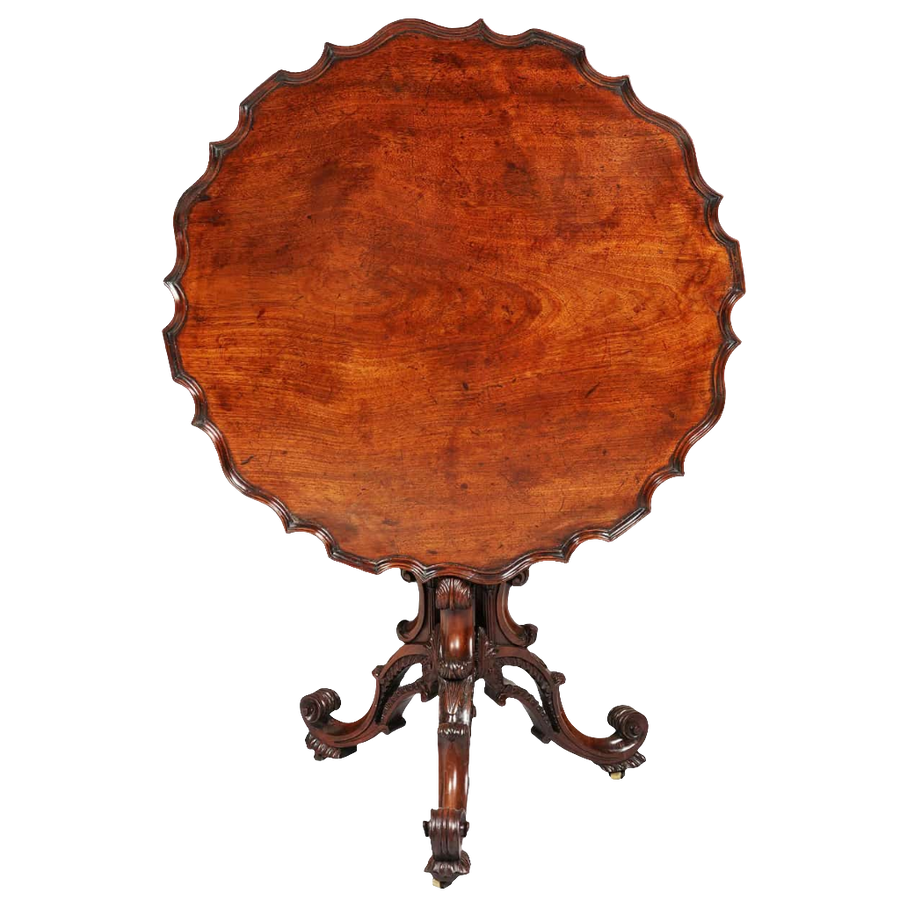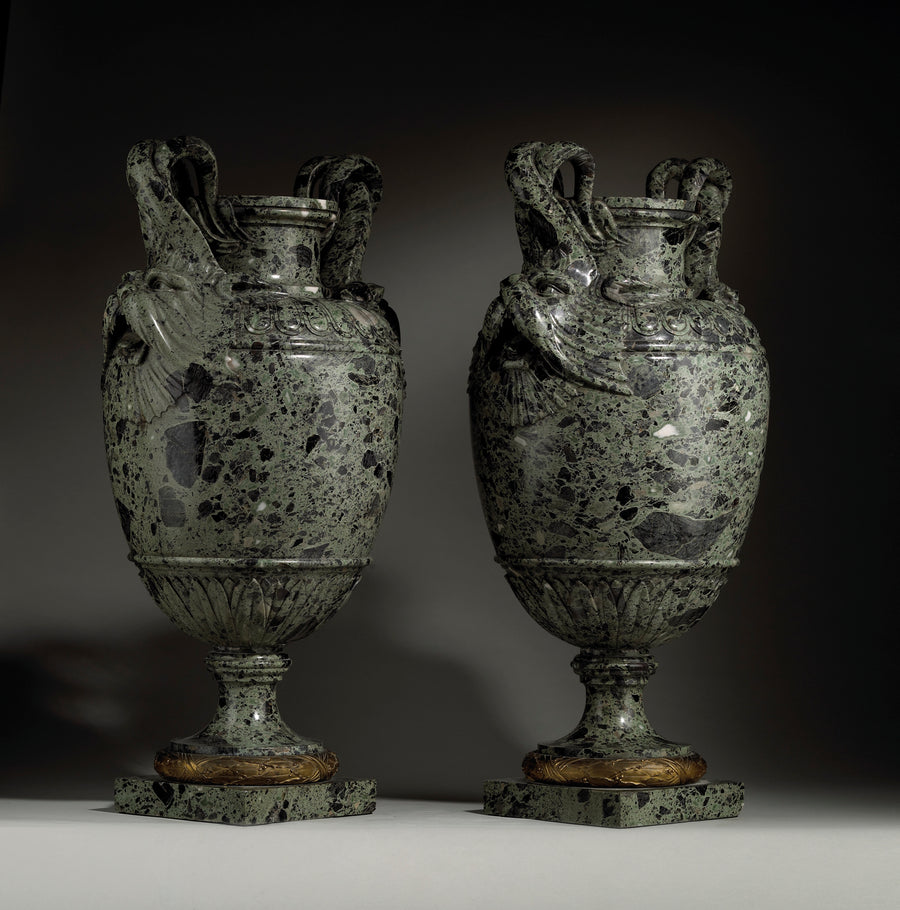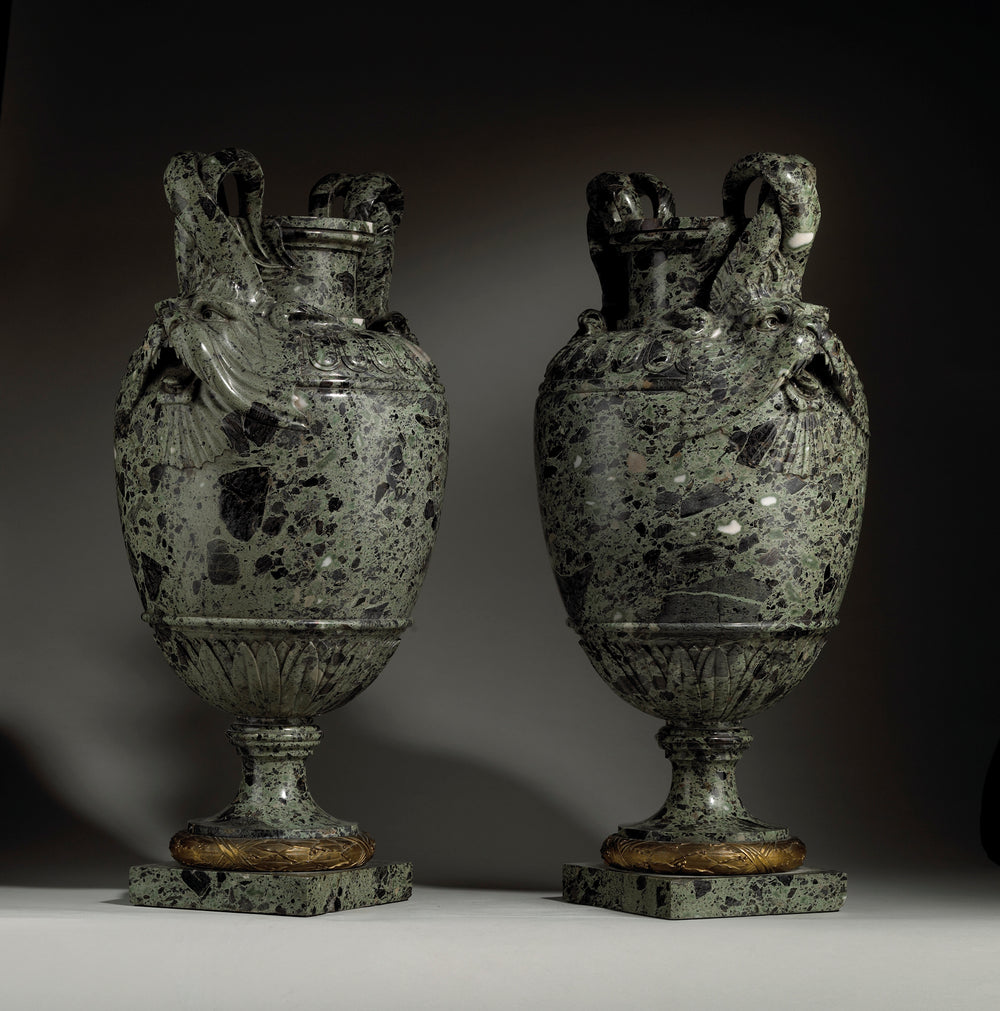Tracing Joe Biden's Surprising Connection to Papua New Guinean Cannibalism
Myth and Reality in Polynesian History
The mention of cannibalism in the context of Polynesia, particularly in historical narratives from places like Papua New Guinea and Fiji, is a topic that is deeply embedded in the cultural and anthropological discussions of the region. In the Pacific Islands, cannibalism has historically been part of ritualistic and war practices, though it largely died out with the spread of Christianity in the 19th century. These practices have been documented extensively but are often shrouded in myth and outsider misunderstanding.
The anecdote involving Joe Biden’s uncle, 2nd Lieutenant Ambrose J. Finnegan, whom he affectionately called “Uncle Bosie,” being killed by cannibals during World War II, however, seems to be a blend of personal narrative and historical myth. There is no widely known historical record or confirmation that such an event involving Biden’s uncle specifically occurred as described. It’s more likely this story has become a part of family lore or a misunderstood or misremembered event, which can happen in families, blending myth with personal histories.
Historical Cannibalism in Polynesia
Cannibalism in Polynesian tribal culture, particularly in regions like Papua New Guinea and Fiji, was not merely a barbaric practice but a complex ritual interwoven with deep spiritual beliefs and societal power dynamics. This is exemplified by figures such as the legendary Fijian chief Ratu Udre Udre, who is often cited as one of the most prolific cannibals in history. According to historical accounts, Ratu Udre Udre believed that consuming his enemies would capture their spirit and strength, thereby enhancing his own power and status within the tribe.

The practice of cannibalism in these cultures was deeply ritualistic, often reserved for specific ceremonies or carried out to mark significant events. For instance, it was sometimes used as a tool of warfare and intimidation, with warriors consuming the flesh of defeated enemies as a symbol of total victory and domination. This act was believed to not only disgrace the vanquished but also to absorb their virtues, thereby preventing their spirit from seeking revenge.
Historical Significance of Cannibalism in Polynesian Societies
Cannibalism within these societies was far from a barbaric or arbitrary act; it was a structured component of their cultural and spiritual systems. This is evident from the practices surrounding the consumption of human flesh, which were steeped in ritual and laden with symbolic meaning. For instance, the act of consuming a deceased relative was sometimes practiced out of respect and a desire to prevent the body from decomposing—an act seen as a form of preserving the spirit and keeping it within the community.
Michael Kabuni, a political science lecturer at the University of Papua New Guinea, highlights the contextual nature of these practices. He clarifies that cannibalism was not an indiscriminate practice but one reserved for specific, meaningful contexts. This counters many sensationalist narratives that depict Polynesian cannibalism as random or driven by mere savagery. Kabuni’s insights help demystify these practices and point to a sophisticated understanding of life, death, and the afterlife that guided these actions.
Joe Biden and the Modern Myth:

However, it’s crucial to recognise the impact of such narratives on our understanding of other cultures. When stories like these are uncritically accepted and retold, they can perpetuate stereotypes about “primitive” or “savage” societies, particularly when they lack contextual understanding or acknowledgement of the cultural complexities at play. This can contribute to a skewed perception of these societies, which were often far more nuanced in their practices and beliefs than such stories suggest.
Moreover, narratives like Biden’s uncle’s story can influence how history is remembered and taught, intertwining personal or nationalistic pride with factual accuracy. This intertwining can be problematic, especially when it reinforces misconceptions or biases against other cultures. It is important for such narratives to be examined critically, with an eye toward separating myth from reality and acknowledging the sources of our information and the potential biases they carry.
While Joe Biden’s story about his uncle may capture the imagination and serve certain rhetorical purposes, it also serves as a reminder of the need for careful, nuanced engagement with history, particularly when it involves cross-cultural encounters and the legacy of colonialism. This approach helps preserve the dignity and complexity of the cultures involved and ensures a more accurate and respectful understanding of the past.













Leave a comment